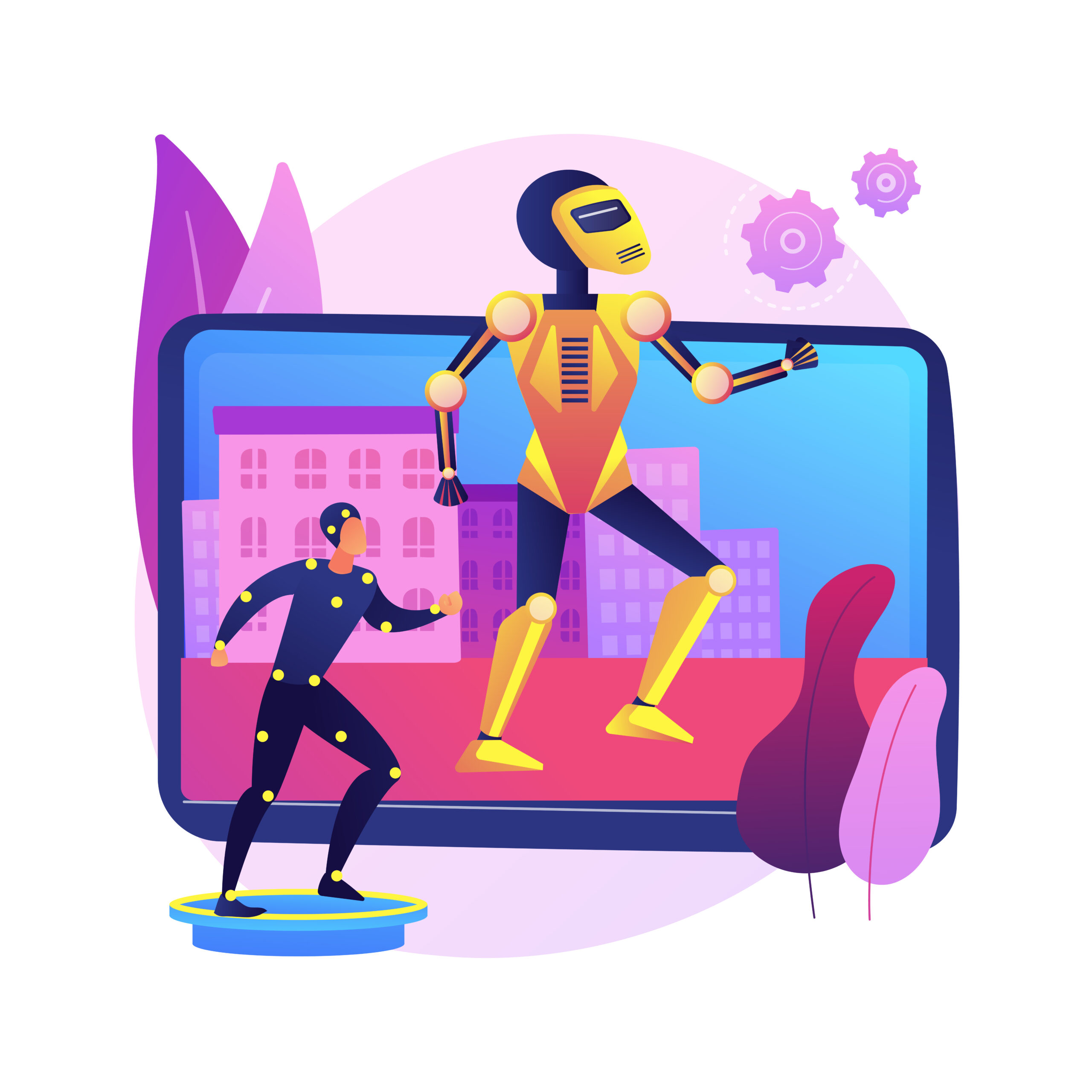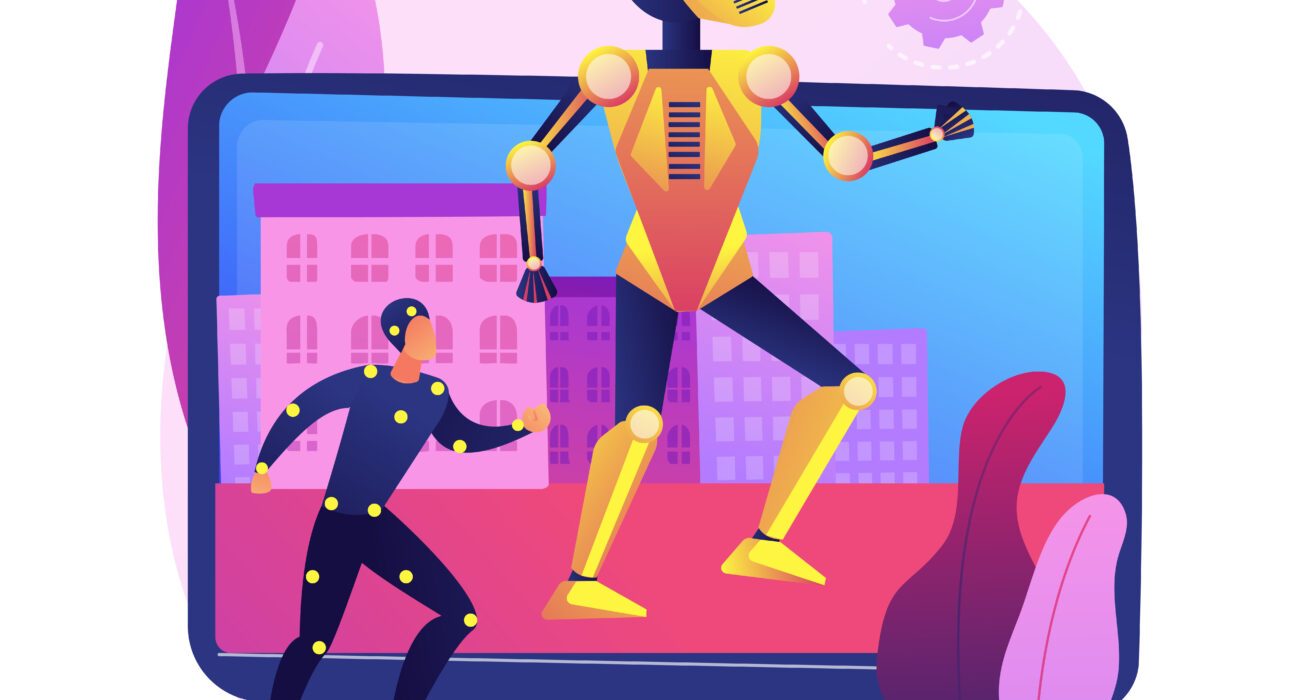Most People Aren’t Using AI for Companionship — Surprising New Data

Quick Summary
We hear a lot about people turning to AI for emotional companionship, but how common is it really? A new report from Anthropic, creators of the AI chatbot Claude, shows that only a small percentage of users actually seek companionship or emotional support from AI.
What the Data Says
Anthropic analyzed 4.5 million conversations on its Free and Pro platforms. The findings? Only 2.9% of users engaged in emotionally supportive or personal conversations — and just 0.5% involved companionship or roleplay specifically.
This contrasts heavily with popular media narratives that portray AI relationships as increasingly common.
What People Are Using AI For
The vast majority of conversations with Claude focus on productivity. Users most often rely on AI for:
- Writing and content creation
- Brainstorming and summarizing information
- Learning new skills or improving communication
- Professional development coaching
When personal advice is requested, it’s usually related to self-improvement, mental health, or relationships — and not emotional companionship.
When Advice Becomes Emotional
In rare cases, longer chats (more than 50 messages) can gradually shift toward emotional support. This typically happens when users are experiencing loneliness, stress, or existential thoughts. As Anthropic explains:
“Counseling or coaching conversations occasionally morph into companionship — despite that not being the original reason someone reached out.”
Claude’s Safety Boundaries
Claude is generally helpful and rarely resists user prompts unless they trigger safety mechanisms. For example, it avoids giving dangerous advice, supporting self-harm, or breaching ethical boundaries.
Anthropic acknowledges that while their AI is designed for safety, it’s still not perfect — AI systems can make mistakes, hallucinate, or misinterpret context.
Final Thoughts
Despite headlines suggesting we’re forming emotional bonds with AI, Anthropic’s report shows that’s not the norm. Most users turn to Claude for practical help — not companionship.
Still, as AI becomes more nuanced and responsive, it’s possible we’ll see more blurred lines between coaching and emotional support — particularly during moments of vulnerability.

